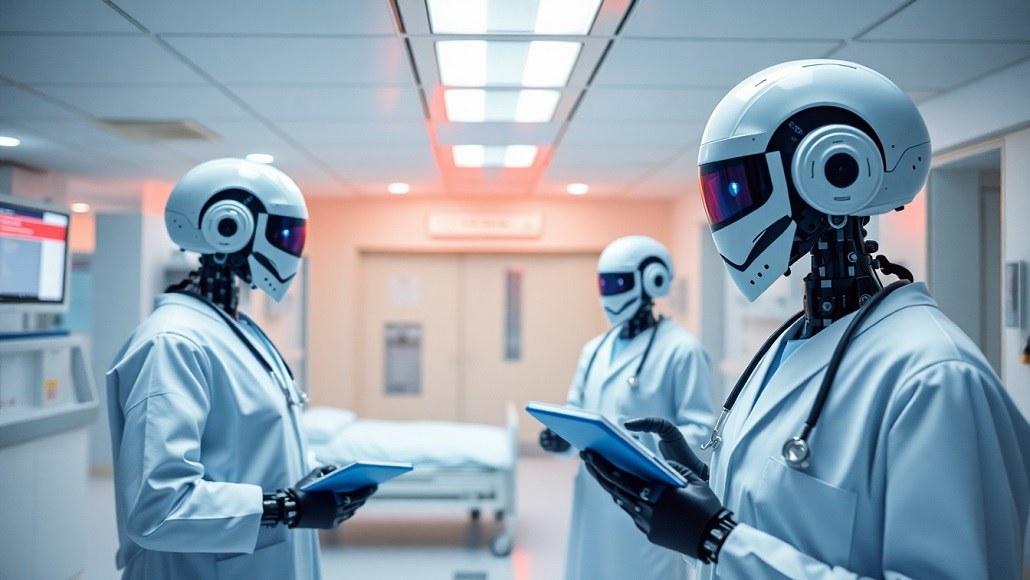China recently announced a ground-breaking development: the world’s first AI hospital with 42 AI doctors on staff. Artificial intelligence is still making impressive advances in healthcare. This ground-breaking facility, known as the Agent Hospital, was created by Tsinghua University’s Institute for AI Industry Research (AIR). It unifies state-of-the-art technology across 21 medical departments, representing a significant advancement in AI-driven healthcare.
A Completely Self-Sustained Medical System
The Agent Hospital’s AI doctors and nurses are run by intelligent agents with large language models (LLMs) that can communicate on their own, according to Global Times. Pre-hospital procedures, triage, registration, consultation, examination, diagnosis, prescription, rehabilitation, and follow-up are all covered by this system’s simulation of a comprehensive, closed-loop process. These AI physicians hone their diagnostic and therapeutic abilities on their own by reviewing a massive amount of medical material and constantly learning from experience.
In a matter of days, the AI hospital treated more than 10,000 virtual patients. Assuming an average of 100 patients treated each week, researchers estimate that this burden would normally take human doctors two years. The AI doctors demonstrated their remarkable diagnostic precision with an accuracy rating of 94.06% on a MedQA dataset centred on major respiratory disorders.
Artificial Intelligence to Revolutionise Medical Practice
Tsinghua University’s Agent Hospital chief researcher, Liu Yan, called the initiative a revolutionary breakthrough in healthcare. The AI hospital “is set to transform the way doctors diagnose and treat patients, bringing immense benefits to both medical professionals and the general public,” claims Yan. Workloads might be reduced, diagnostic mistakes could be decreased, and treatment uniformity could be improved with this innovation.
The development team does stress the significance of adhering to stringent national medical requirements, though. While making sure the AI technology reaches full maturity before being used widely in clinical settings, they are closely examining how AI and human medical staff can work together efficiently. There are continuous efforts to enhance and broaden the range of illnesses that AI physicians can correctly identify and cure.
AI’s Potential in Healthcare
As the AI hospital approaches readiness for deployment in real-world contexts, the research team continues to refine the system’s capabilities. This milestone illustrates the potential for artificial intelligence to soon play a central role in the healthcare infrastructure, augmenting human knowledge to address the challenges of modern medicine. This invention generates important questions about how to balance automation with human judgment and is part of a broader tide of AI health innovations. The Agent Hospital’s positive results provide a glimpse of an era when AI-based healthcare might be a major and trustworthy factor in the patient experience.



















